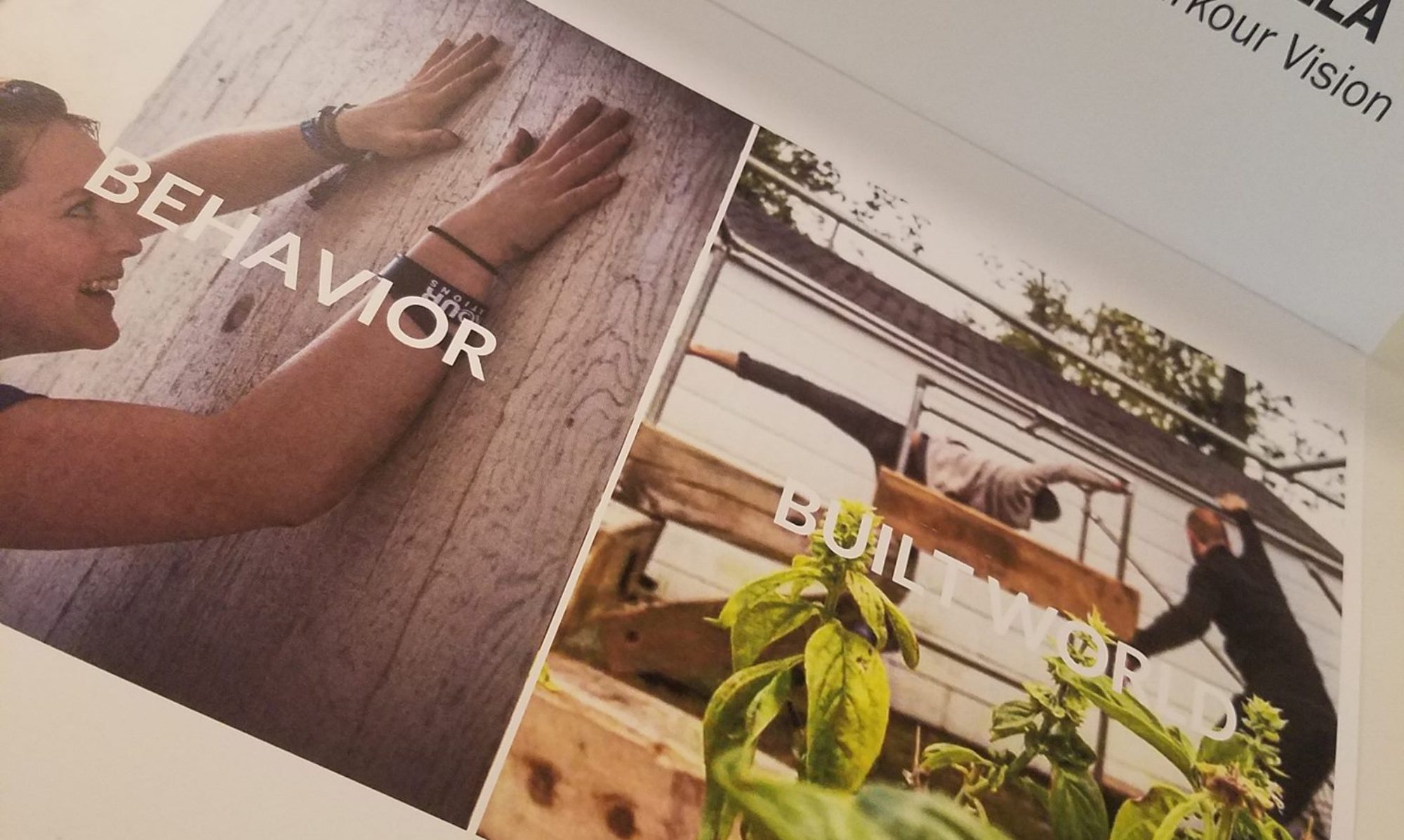This article is a part of the Public Parkour Park Roadmap Series.
Fiscal sponsors are non-profit organizations that partner with private individuals or groups to create programs and projects aligned with a shared mission. Importantly, a fiscal sponsor can accept tax-deductable donations or funding on behalf of a non-exempt group or project.
This type of sponsorship can be critical to accessing local, state, and federal funding, as well as foundation grants, corporate matches, and larger private donations.

Best Models of Sponsorship for Parkour Parks & Adult Playgrounds
While there are several models of fiscal sponsorship (A-F), the two models that would be best suited for parkour park projects lead by private individuals or groups are (A) Comprehensive Fiscal Sponsorship and (C) Pre-Approved Grant Relationship Fiscal Sponsorships.
There are pros and cons to both structures, which you should discuss carefully with your potential Fiscal Sponsor to suit the situation. However both open up funding sources and opportunities that would otherwise be closed off to your project or program.
 Comprehensive Fiscal Sponsorship (Model A)
Comprehensive Fiscal Sponsorship (Model A)
In a Comprehensive Fiscal Sponsorship, your project or program would become a part of the Fiscal Sponsor (non-profit organization). Typically this means all of the administrative, legal, and financial responsibilities fall onto the Fiscal Sponsor.
 Pre-Approved Grant Relationship Sponsorship (Model C)
Pre-Approved Grant Relationship Sponsorship (Model C)
In a Pre-Approved Grant Relationship, your project or program does not become a part of the sponsoring organization. Instead you remain a separate entity responsible for tax reporting, liability, and more.
Here is a handy chart that compares the two models more in depth.

How to Find A Sponsor
The most important thing when looking for a fiscal sponsor is finding an organization that shares the same goals as you and your project. These relationships tend to be long-term, so also ensuring your fiscal sponsor is able to support you in the ways you need is critical.
Parkour Visions is a a 501(c)3 Non-Profit based in Seattle, Washington that is interested in US-based Fiscal Sponsorship relationships for public parkour park projects and adult play spaces, as well as for programs serving lower incoming and under-served populations.
The National Network of Fiscal Sponsors and the Fiscal Sponsor Directory are two useful resources of information on Fiscal Sponsorship as well as organizations offering fiscal sponsorship.

What to Expect
Every Fiscal Sponsor relationship is different in certain ways. However, here are some things you can count on expecting or should take into consideration when pursuing a Fiscal Sponsorship relationship.:

A Quick Note On Ownership
In Model A Comprehensive models, the Sponsoring organization tends to become the owner of all the assets, including IP, for the duration of the relationship. That is, they also assume all legal and financial risks associated with the project as well.
Agreements can be included to provide for the transfer of intellectual property and assets if you were to pursue independent 501(c)3 status in the future or transfered to working with a new sponsor. However, once it has been brought under and funded by tax-deductible, non-profit funding, it typically needs to remain within a non-profit entity.
In Pre-Approved Grant models, where you take more legal and financial responsibility for the project or program, ownership of IP and assets typically stays with you or your group.
At the end of the day, Fiscal sponsorship is a contractual relationship–meaning there is always room to negotiate the extent and limitations on ownership in regards to intellectual property. While sometimes it can be scary to consider giving up ownership, the benefits usually outweight the setbacks and can help you reach your goals more quickly.
Sources:
A Boards Guide to Fiscal Sponsorship
Facts About Fiscal Sponsorship
6 Types of Fiscal Sponsorship Chart
